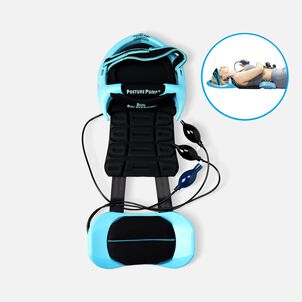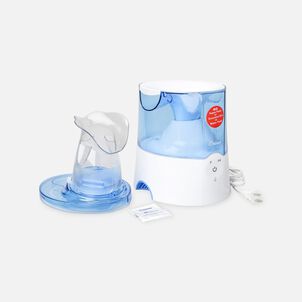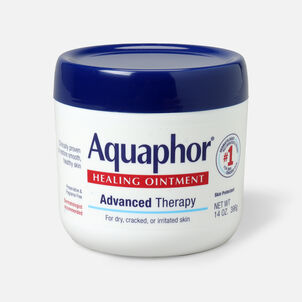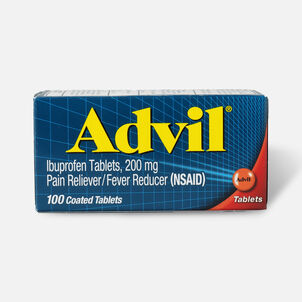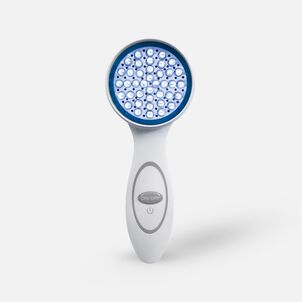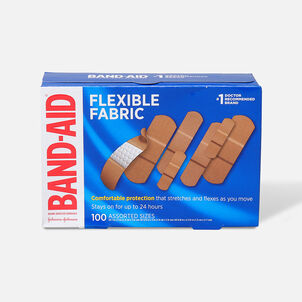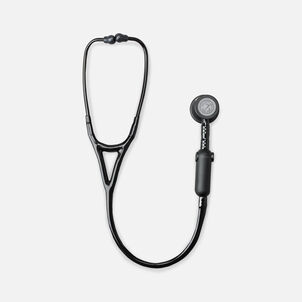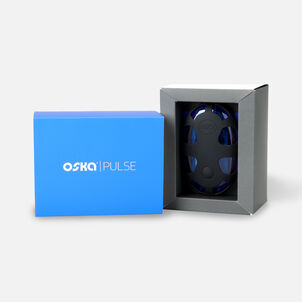SPF 15+ sunscreen is FSA eligible (plus, 4 sun safety tips!)
It may be common knowledge that a good SPF is essential for hot, sunny days spent at the beach or relaxing by the pool, but sunscreen isn’t only made for summer; it's your skin's best defense against the sun's sneaky UV rays.
Did you know?
- About 100,640 new melanomas will be diagnosed in the US in 2024.
- Getting sunburnt only five times doubles your risk of melanoma.
- More than 2 people in the US die of skin cancer every hour.
- Using SPF 15 sunscreen (as directed) daily can reduce the risk of developing squamous cell carcinoma by about 40 percent and lower melanoma risk by 50 percent — yet approximately 43 percent of people in the US never apply sunscreen.
From preventing sunburns to reducing the risk of skin cancer, sunscreen's got your back (and your face, arms, and legs, too!). And best of all? It’s FSA eligible!
By incorporating sunscreen into your routine, you're not only safeguarding your skin, you're also making a smart financial choice. So, whether you're enjoying outdoor activities or simply running errands, remember to apply sunscreen and consider these sun safety tips for both health and financial benefits.
Sun Safety Tips to Protect Your Skin
1. Use your FSA to get bestselling sunscreen
Put sunscreen at the top of your health essentials check list and check out our FSA eligible sunscreen products. Although sunscreen is considered eligible, some FSA administrators may not consider them all equal due to the lack of IRS guidance regarding the category. Be sure to check in with your provider for their eligibility guidelines, but a good rule of thumb is making sure it is SPF15+ and offers broad spectrum protection.
2. Prepare for Outdoor Sports
If you're headed to the beach or playing an outdoor sport, make sure to slather on a broad spectrum sunscreen. Ideally, it should be water-resistant and keep you covered even after strenuous exercise. Avoid outdoor activity between 10 am and 4 pm if possible, as the sun's rays are strongest in that time frame. If possible, create shade if you're directly exposed to sunlight.
Be sure to reapply after swimming, and at least 30 minutes before going outside. Wear protective clothing, sunglasses and hats — especially if you know you will be outside for the majority of the day.
3. Visit a dermatologist
Dermatology is considered an FSA eligible expense. A routine body exam could give you peace of mind and a dermatologist can also offer guidance on how to self-exam, which usually involves looking for unusual growths or moles.
Find a dermatologist near you and discover the available FSA eligible services.
4. Keep kids and babies protected
Babies younger than 6 months old should be kept out of the sun, as their skin is too sensitive for sunscreen. However, from 6 months to a year, sunscreen use and other protection (clothing, hats) are highly recommended. Toddlers and older kids require even more attention, especially as they are playing outside. It's highly recommended to monitor their time spent outside from 10 am-4 pm to ensure they are in the shade.
Stay safe with FSA Store
Safeguarding your skin from the sun's harmful rays is essential for your well-being, and leveraging FSA eligible sunscreen products from trusted retailers like FSA Store can make this process both convenient and cost-effective. With FSA eligible options readily available, prioritizing sun protection has never been easier. Take proactive steps today to nurture your skin and enjoy the outdoors responsibly for years to come.
—
Thank you for visiting the FSA Store Learning Center™. Don’t forget to follow us for more helpful tips on Facebook, Instagram, and X (formerly Twitter).



